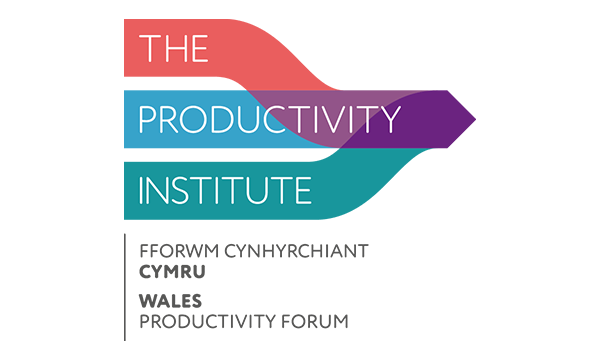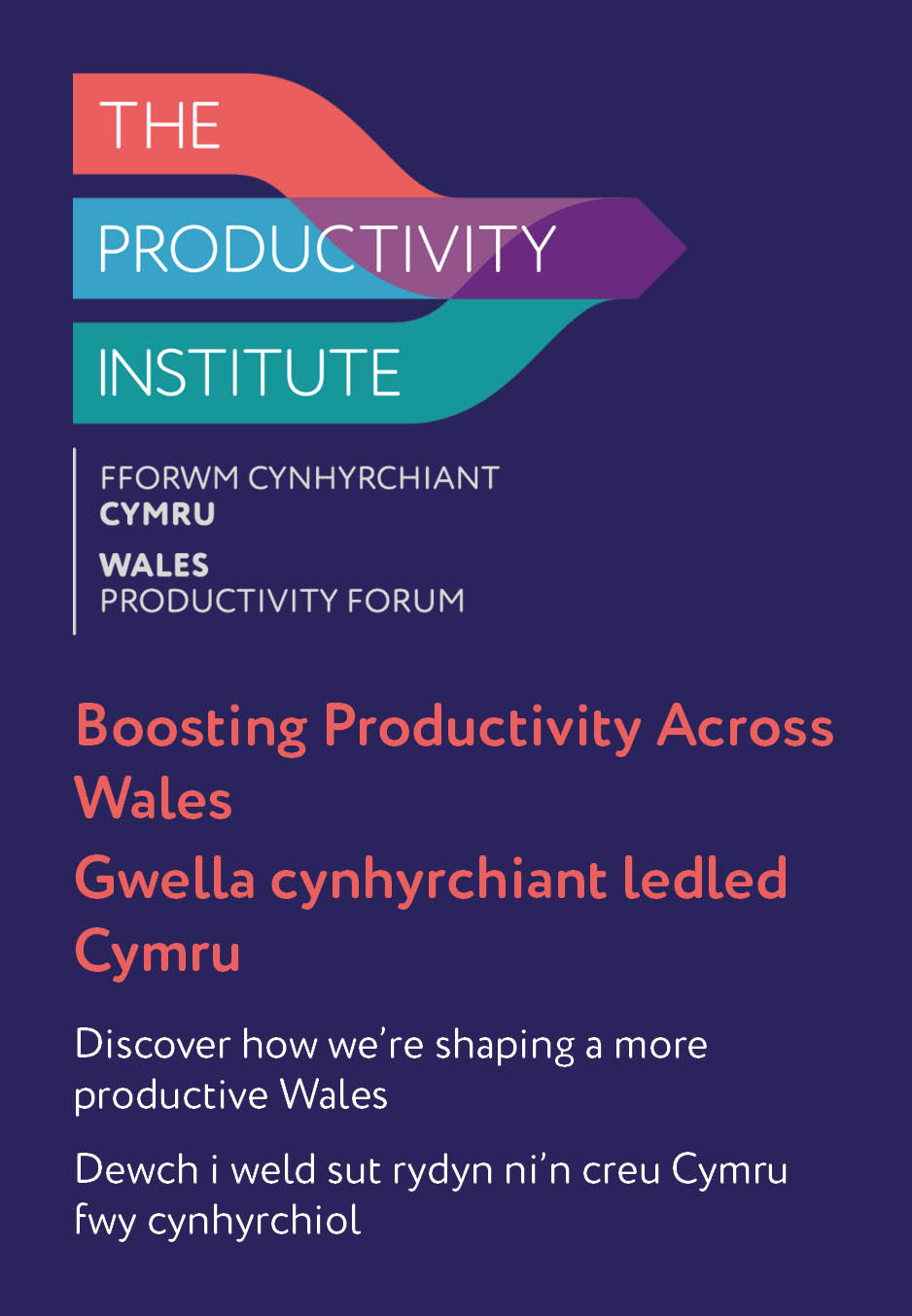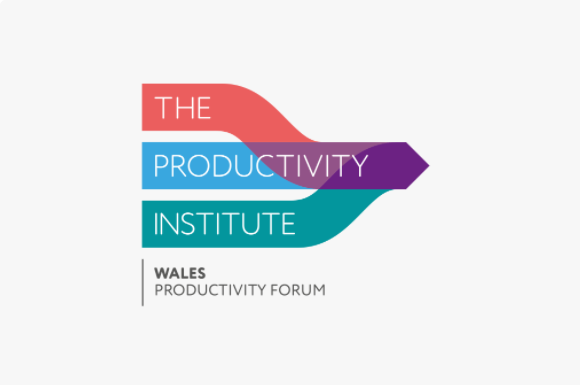
The spotlight for the economy as we start 2025 is firmly on the fundamentals of growth, with productivity and economic inactivity emerging as two critical areas demanding attention.
Both are long-term determinants of prosperity and addressing them is crucial to Wales’ future.
Wales has long faced a productivity challenge. While the UK as a whole grapples with a slowdown in productivity growth – the so-called “productivity puzzle” – Wales sits at the lower end of the spectrum. Our productivity levels are not only below the UK average but are the lowest of any UK region, a situation that has persisted for decades. This gap has significant implications for wages, public services, and overall living standards.
At the Wales Productivity Forum, which forms part of the Productivity Institute, we bring together academic insight, business expertise, and policy knowledge to tackle these issues collaboratively. Our mission is to raise awareness of the productivity challenge and identify practical solutions. Productivity isn’t an abstract concept – it directly influences real wages and the quality of public services. Everyone, from policymakers to business leaders and individual workers, has a role to play in improving it.
We are about to launch our updated report, setting out a vision for how Wales can make strides in productivity. This report highlights key drivers for change, such as improving population health, enhancing education, and boosting both private and public sector investment in infrastructure. Each of these areas requires sustained effort and investment, but they are also interconnected.
Take population health as an example. Wales has a higher proportion of people with long-term health conditions than other UK regions, and the impact of these conditions on employment is more severe. This is particularly acute in areas like the South Wales Valleys, where economic inactivity due to poor health is disproportionately high. Addressing this will require targeted interventions, from improving access to healthcare to fostering workplace practices that support those with health challenges.
Covid-19 has exacerbated the issue of inactivity, with rising numbers of people citing long-term health problems as a barrier to work. Of particular concern is the growing prevalence of mental health issues among young people, a trend that poses risks not only to today’s labour market but also to the future economic potential of the region.
Improving skills is another essential component of the solution. Wales has a relatively high concentration of people with lower skill levels, a factor that limits productivity. Investments in education, training, and reskilling must be aligned with the needs of the modern economy. Moreover, these efforts should begin early. Evidence shows that investments in early childhood education and health yield some of the highest returns in terms of long-term productivity growth. By focusing on prevention and early intervention, we can lay the groundwork for a healthier, more skilled future workforce.
Infrastructure, both physical and digital, also plays a pivotal role. Wales’s geographical and economic landscape, with its peripheral nature and lack of large urban centres, presents unique challenges. Transport improvements to enhance connectivity within Wales and with the rest of the UK are essential. Similarly, expanding digital infrastructure to enable businesses to leverage technology and innovation is critical for closing the productivity gap.
The productivity challenge is multi-dimensional. It spans individuals, businesses, and broader economic environments. Solving it requires a generational perspective, with policymakers adopting a long-term view and committing to sustained investment. This is not a quick fix, but it is an investment in the future of Wales – an investment that can ensure productivity becomes a driver of prosperity for generations to come.
As we navigate 2025, let us embrace this challenge with determination and collaboration. By addressing the structural issues that underpin productivity, we can create a more dynamic, competitive, and inclusive Welsh economy. The time to act is now.
As part of National Productivity Week, the Wales Productivity Forum is launching its new insights report, Wales’ Productivity Challenge: A Focus on the Future. To reserve a place at the launch event visit: Productivity and the Wellbeing of Future Generations in Wales Tickets, Thu, Jan 30, 2025 at 3:00 PM | Eventbrite




